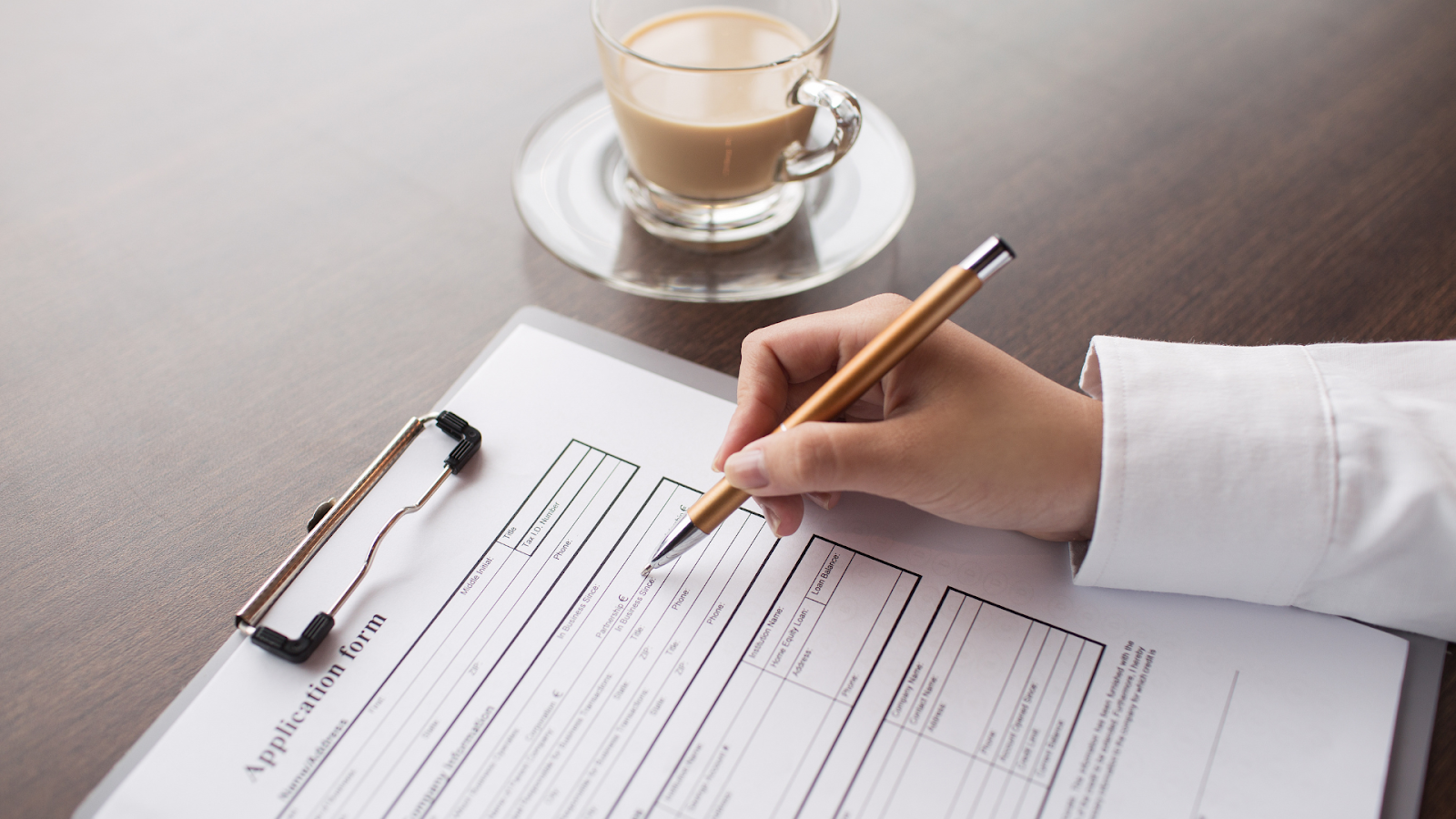July 10, 2025

Are you ready to open a restaurant in Canada but worried you'll miss a key license? In 2025, the licenses required for a restaurant can vary by province and city. Getting them right from the start saves you from costly fines and launch delays.
In early 2025, several Montreal restaurants were fined up to $5,000 due to cleanliness issues, improper food handling, and pest control violations. Your license checklist should include every permit, fee, and application time.
In this guide, you'll learn exactly what licenses are required to open a restaurant, how much they cost, and when to apply. You will also get to know how to get them fast, so you can spend more time on your food and business instead of getting stuck in complicated licensing rules or waiting on permits.

Before applying for any license required to open a restaurant, it's essential to understand how Canada's licensing system works. Three levels of government handle restaurant license requirements:
Tools like BizPaL help you check exactly what licenses are required for a restaurant in your area. Whether you plan to open a small diner or want to know how to open a cafe bistro, this tool is a great help.
Each province may have different requirements for licenses to open a restaurant, so it's essential to check local rules. From licenses required to open a restaurant in Alberta to signage permits in Toronto, regional compliance is key.
Now that you understand the structure, let's get into the details that matter most: what licenses are required to open a restaurant in Canada and when you'll need each one.

Did you know that restaurant, bar, and catering sales in Canada are projected to surpass $100 billion in 2025? Caterers are forecast to lead with a 4.3% growth, followed by quick-service restaurants at 4.0%, full-service spots at 3.8%, and drinking places at 1.5%.
If you want a share of this expanding market, getting your paperwork in order is step one. Each one aligns with specific laws, ensuring your restaurant runs smoothly and legally.
Below, find a detailed breakdown of what you need, when to apply, where to get it, and how much it typically costs in Canada today.
A business number from the Canada Revenue Agency (CRA) is mandatory for all businesses. It ties you to federal programs like GST/HST, payroll, and import/export.
Visit the CRA’s Business Registration Online (BRO) portal and choose and register your business. Registration takes minutes or up to a few days for mailed confirmation.
You need a BN before hiring staff, collecting taxes, or applying for provincial licenses. Selecting your business structure, such as sole proprietorship, partnership, or corporation, affects your tax number, so register after deciding on your business type.
Note: BN isn't a license, but it serves as the foundation for legal paperwork and operations.
Estimated timeline: 0–3 days
Cost: Free
You need a Safe Food for Canadians Licence (SFCR) if you trade or ship food across provincial borders or export internationally. This federal license ensures you comply with safety and traceability rules.
Apply online via the CFIA's My CFIA portal, answering questions about your food process, safety plans, and location.
If you only operate within one province with dine-in and local delivery, this license is not required. However, if you deal with food suppliers or customers outside your province, neglecting this can result in hefty fines.
Estimated timeline: 2–4 weeks (as it involves a safety audit)
Cost: $250 per 2 years
To open your restaurant, you must obtain a provincial or municipal business license and a separate health department permit. Every city in Canada performs health inspections and issues licences based on zoning, safety, and sanitary standards.
To apply, visit your city hall or health system. There, you need to submit menus, floor plans, and payment. Once they approve your kitchen design and conduct an on-site visit, you will receive licensing.
Estimated timeline: 2–8 weeks (may vary due to local inspection availability and permit volume in your area)
Cost: $200–$1,000 (depending on city size and permit type)
If you plan to sell alcohol with meals, you need a provincial liquor license. Each province has its own agency. For instance, the AGCO in Ontario, AGLC in Alberta, and BCLCRB in British Columbia.
You must complete Smart Serve (or equivalent) training for staff, submit floor plans, and obtain municipal approval before applying.
Estimated timeline: 8–12 weeks (depending on the processing time for inspections and approvals).
Cost: $550–$1,055+ (province-dependent)
Playing recorded music or hosting live entertainment in your restaurant requires licenses from SOCAN and Re:Sound. Society of Composers, Authors and Music Publishers of Canada (SOCAN) covers songwriters and publishers; Re:Sound covers performers and labels.
Apply online via their websites and report your seating capacity and music type (dancing, live music, or DJ sets). This license ensures you're legally allowed to play commercial music and helps avoid hefty fines for copyright violations.
Estimated timeline: 2–3 weeks
Cost: $300–$600/year (For example, a small restaurant with background music may only pay around $370/year)
If you're renovating, adding a patio, or changing seating capacity, you'll need permits from municipal buildings, zoning, and fire departments.
You must submit floor plans, occupancy numbers, and proof of fire safety.
Estimated timeline: 2–8 weeks
Cost range: $100–$600 per permit (depending on location and complexity)
Most provinces require at least one staff member to hold a recognized food handler certificate. It ensures safe food handling practices. Online or in-person courses are available.
Note: Take it before your health inspection.
Estimated timeline: Max. 24 hours (valid for one to five years, depending on jurisdiction)
Cost range: $30–$100
If you plan to offer outdoor seating, you'll need a patio or café permit specific to your city. Requirements include site plans, proof of insurance, and municipal approval.
Estimated timeline: 2–6 weeks
Cost range: $200–$500/season
Hosting pop-ups, street-food events, or selling at festivals requires a special event or mobile vendor permit. You should apply a few weeks in advance and provide details on the types of food, layout, and safety plans.
Note: A health or fire inspection may also be required.
Estimated timeline: 1–4 weeks
Cost range: $50–$150 per day (depending on location and event setup)
Want to offer alcohol delivery with meals? You must add a delivery endorsement to your existing liquor license. You need to apply via your provincial liquor board, provide details on delivery logistics, and ensure staff have proper alcohol education.
Estimated timeline: 4–6 weeks
Cost range: $500 per endorsement (valid 2 years)
If you include gaming tables, pool tables, or similar entertainment, you'll need a casino or amusement license from local authorities. Apply through your municipal office or provincial gaming authority.
Note: Inspection by fire or health officials may be required.
Estimated timeline: 2–4 weeks
Cost range: $200–$600/year
If you plan to buy ingredients or products for resale without paying sales tax upfront, you need a resale permit. It lets you collect and remit the correct tax amounts to your province.
Estimated timeline: 1–3 days
Cost: Free in most provinces
If you plan any structural changes, plumbing, electrical, or mechanical upgrades, you must apply for a construction permit alongside building permits.
Estimated timeline: 2–6 weeks
Cost: $100–$1,500 depending on scope
Outdoor signs require city permits to ensure they comply with size, lighting, and placement rules. Apply through your city's planning department.
Estimated timeline: 1–4 weeks
Cost: $50–$500
If your restaurant provides dedicated parking, you may need permits for lot use, accessibility, or valet services. Apply through your municipal transportation department.
Estimated timeline: 1–3 weeks
Cost: Varies by city and parking setup
Restaurants produce high volumes of food waste. Many cities require a waste disposal permit to ensure proper sanitation and disposal methods are followed.
Estimated timeline: 1–2 weeks
Cost: $100–$300/year
Securing the right licenses isn't just paperwork; it's the foundation of a legal and well-run restaurant. Whether you're running a cozy cafe, a mobile food stall, or a full-service bistro, these permits protect you from costly delays and help build customer trust from day one. Missing even one requirement can put your opening on hold or result in hefty fines.
Now that you know what licenses are required for a restaurant, it's time to make the application process easier. There are smart ways to cut wait times, avoid rejections, and stay organized, especially if you're aiming to open on schedule. Let's talk about how you can do that.

Starting a restaurant involves more than just good food and a great location. It also means planning around timelines, approvals, and red tape.
Many permits take longer than expected, and missing paperwork can push your launch back by weeks. These tips can save you time, money, and stress.
Here's how to stay ahead during the licensing process:
With the right preparation, getting licensed can feel less like a headache and more like a clear checklist. Now, let's discuss how a platform like iOrders can support your restaurant goals right from launch day.

Opening a restaurant in Canada is more than just permits and paperwork. You also need systems that help you start strong before and after launch. While you're getting licenses in place, iOrders equips you with the digital tools to hit the ground running.
Here is how iOrders helps:
iOrders isn't just for growth; it's built for launch. While you're learning about the licenses required for a restaurant, iOrders provides a ready-to-use digital setup that helps you serve smarter and scale faster.
Opening a restaurant in Canada takes proper systems, trained staff, and a clear plan. One small delay, like a missing license, can hold everything back. Starting early and staying organized keeps your timeline and budget on track.
Knowing what licenses are required for a restaurant, when to apply, and how much each costs gives you a strong head start. It's key whether you're planning how to open a cafe bistro or a multi-location chain. From CRA registration and liquor license to patio permits and casino/pool table licenses, every document plays a part.
Are your systems as ready as your staff? Book a free demo with iOrders today and launch your restaurant faster and smarter without depending on third-party platforms. Start strong, stay in control, and keep every dollar working for your restaurant.